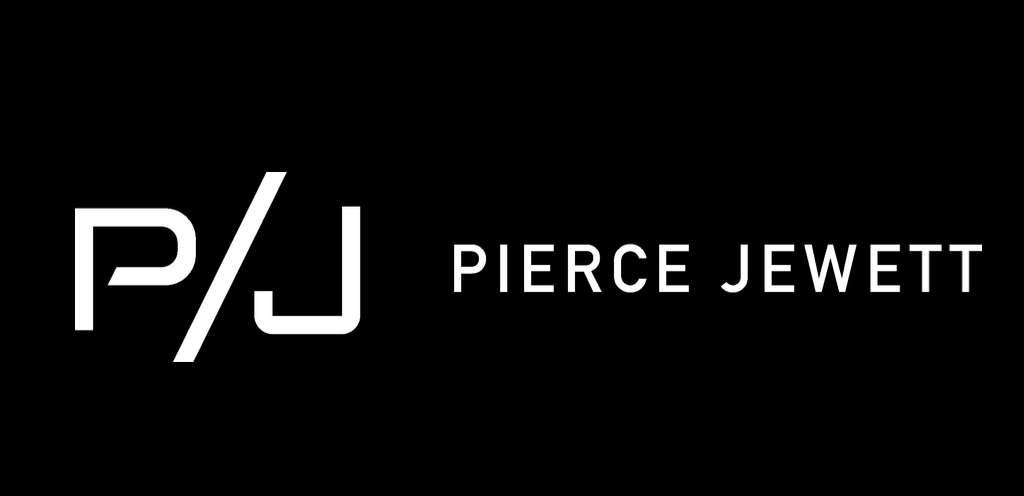Filing Bankruptcy When You Own a Business
According to data published by the American Bankruptcy Institute (ABI), approximately 2,000 American businesses file for bankruptcy protection on a monthly basis. To get the best outcome in bankruptcy, business owners need to know how to effectively navigate the process—starting with choosing the right path for your company’s financial position. Below, our commercial bankruptcy attorneys provide an overview of the bankruptcy options for business owners.
Bankruptcy Options for Sole Proprietors: Chapter 7 and Chapter 13
If you own and operate a sole proprietorship, then your business is not technically a separate legal entity from you as an individual. In other words, there is no distinction between your commercial liabilities and your personal debts. When you file for business bankruptcy as a sole proprietor, you are also filing personal bankruptcy.
You have two basic options available: Chapter 7 bankruptcy and Chapter 13 bankruptcy. Chapter 7 is a liquidation bankruptcy. If you qualify, most of your outstanding debts—business and personal—will be discharged. Of course, Chapter 7 will also have an adverse effect on your credit. It is not the right option for every situation. Chapter 13 bankruptcy is a reorganization bankruptcy. You may be able to restructure your financial obligations while keeping your sole proprietorship open.
Bankruptcy Options for Corporations and LLCs: Chapter 7 and Chapter 11
If you own and operate a corporation or a limited liability company (LLC), you can file for Chapter 7 bankruptcy or Chapter 11 bankruptcy. What option makes the most sense depends on the specific financial position of your business and your intentions moving forward. The key question is whether or not your company can emerge from the bankruptcy process.
With Chapter 7 bankruptcy, your company will have to wind down operations and liquidate its assets. The trustee will disperse what is left to creditors. With Chapter 11 bankruptcy, the company will have an opportunity to restructure its debts to find a sustainable path forward. A successful Chapter 11 bankruptcy filing allows a company to emerge from the process in a viable, financially healthy position.
Bankruptcy Options for Partnerships: Chapter 7 and Chapter 11
If you own and operate a partnership, you may be eligible to file for Chapter 7 bankruptcy or Chapter 11 bankruptcy. However, Chapter 7 is often not a good solution for partnerships. As a partnership does not receive a discharge in Chapter 7, and the partners remain liable for the debts of the partnership, the benefits are limited. It may be advisable for a partnership to file for Chapter 11 bankruptcy if there is a plan to reorganize the entity’s liabilities so that the partnership can recover.
Call Our Business Bankruptcy Lawyers for Help
At Pierce / McCoy, our commercial bankruptcy attorneys are effective and trusted advocates for our clients. We know how to help businesses find solutions. If you have any questions about filing bankruptcy as a business owner, we can help. To request a confidential initial consultation, please do not hesitate to contact us today. We handle business bankruptcy matters in New York, Virginia, and Texas.
